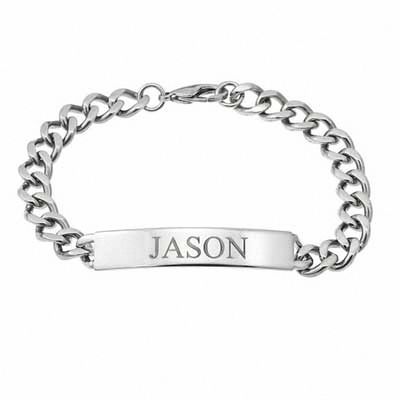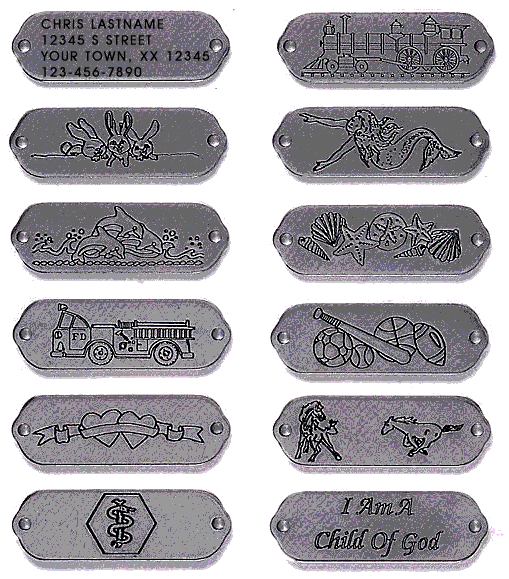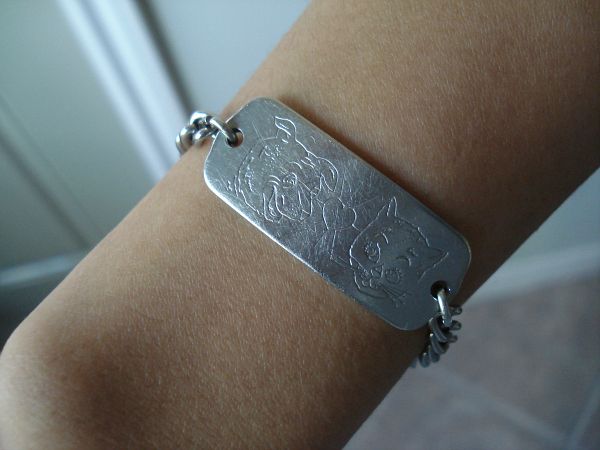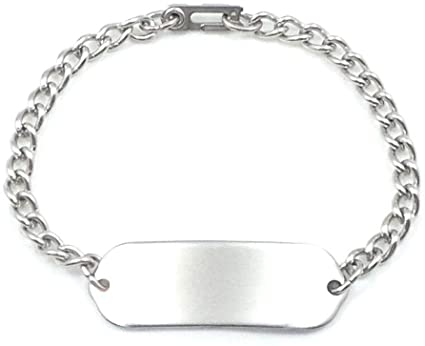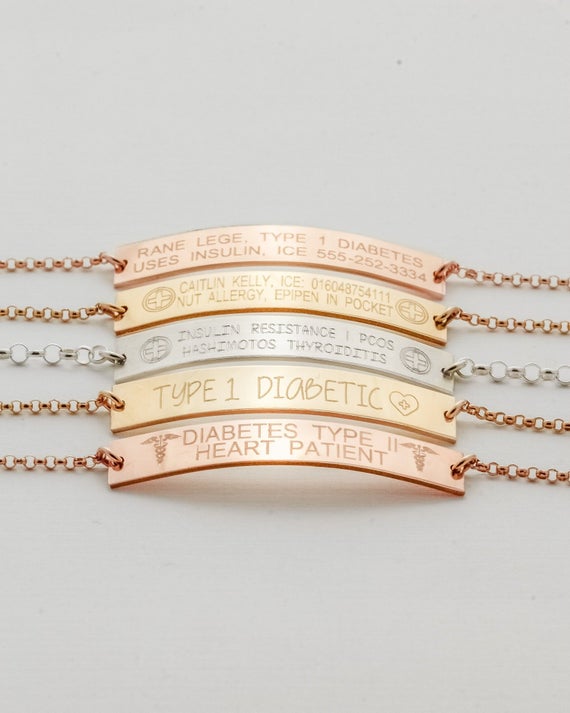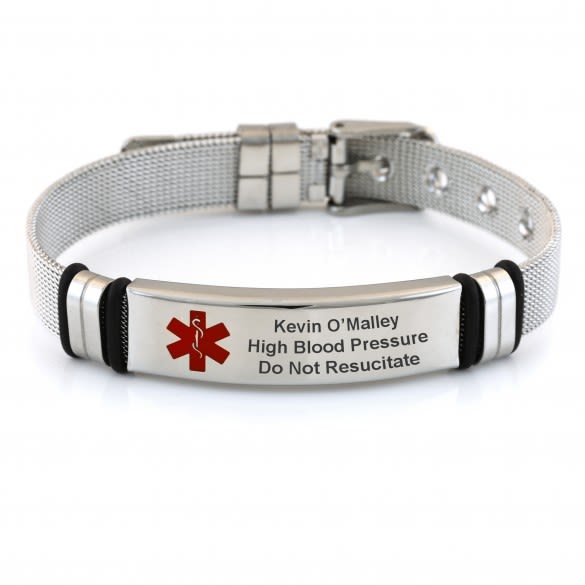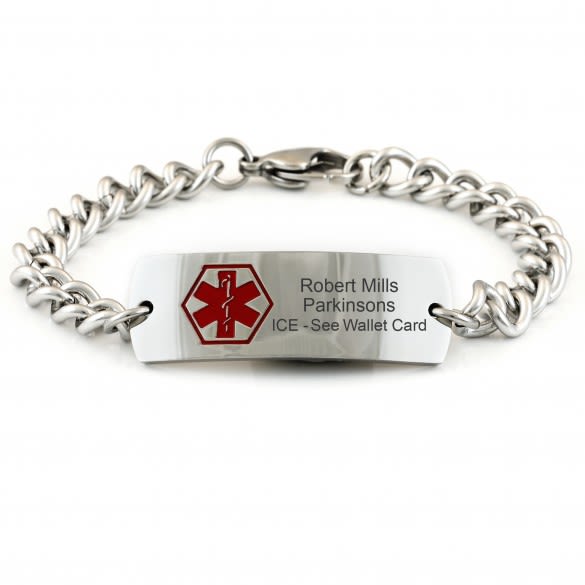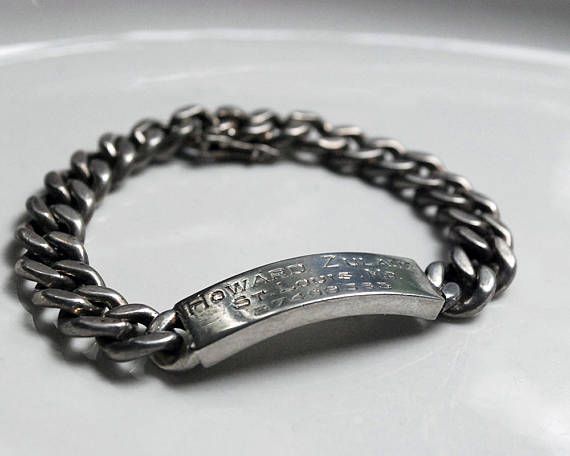Bracelets speak for the one who wears them. When dealing with urgent scenarios, it is important that every emergency response team (EMT) is able to quickly identify all health conditions that could prohibit certain life-saving techniques. Without knowledge, you can easily misdiagnose a sign as "common," and proper treatment will be delayed and potentially compromised.
Precious jewelry that gives signals or indications of medical ailment is increasing. All physicians are unanimous in their belief that the early discovery of certain diseases can save lives, because ID bracelets help prevent harmful and sometimes fatal health problems. With all available health card information, urgent groups can identify specific general health factors and provide proper care. Now, all first responders are able to search for health-related ID bracelets and other health related gems.
ID Bracelet is it for you?
Always talk to a medical expert about the need to carry a health badge. If your doctor thinks this could be helpful, it is extremely easy to get one. Here is a list of some medical conditions that may require the use of a medical ID if needed:
- Allergies (eg: penicillin, peanuts, bee stings, penicillin, gluten, milk)
- anemia
- Anticoagulants (blood vessel thinner)
- autism
- Bariatric surgical procedure
- Blood disease
- respiratory conditions
- cancer
- cerebral palsy
- And many more
The right time to wear ID wristbands
Health-related ID bracelets should be worn all the time, even when they are asleep. It's important to find a long-lasting medical badge bracelet. Most leading healthcare companies, such as the World Health Company, the National Institutes of Overall Health, the Facilities for Condition Management and Elimination, the Mayo Clinic, the American Diabetes Association and the American Heart Organization, advise to use these ID bracelets.
Benefits of ID Jewelery
Here are just a few of the benefits of using medical badge wristbands:
- Fast diagnoses for successful therapy
- Timely and appropriate medical treatment
- Missing mistakes in the admission and discharge of patients
- Safety against harmful errors
- Minimize the number of hospital stays and admission
- Prevent small emergencies from becoming major disasters
 decorhstyle.com fashion and jewellery ideas
decorhstyle.com fashion and jewellery ideas
